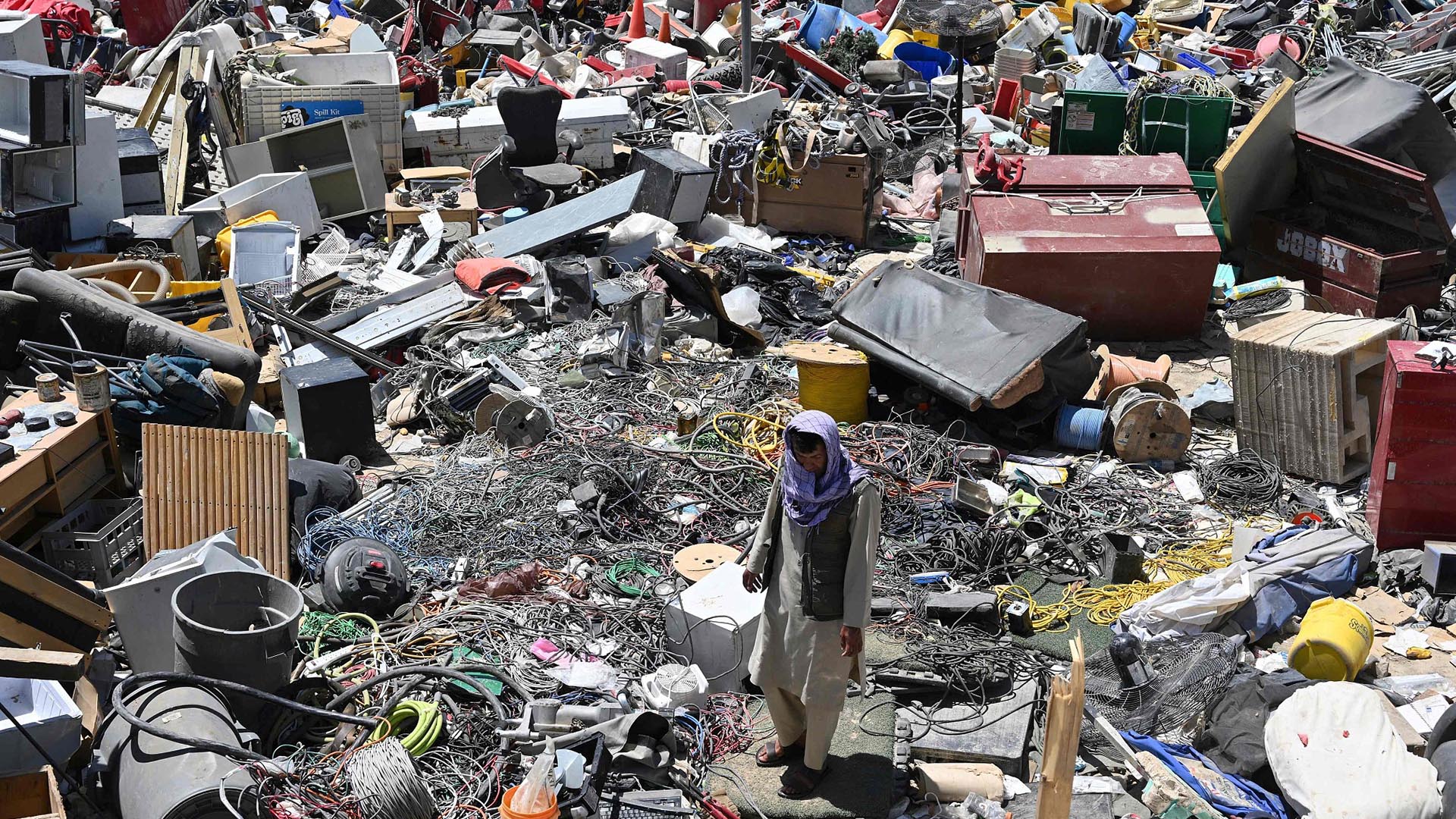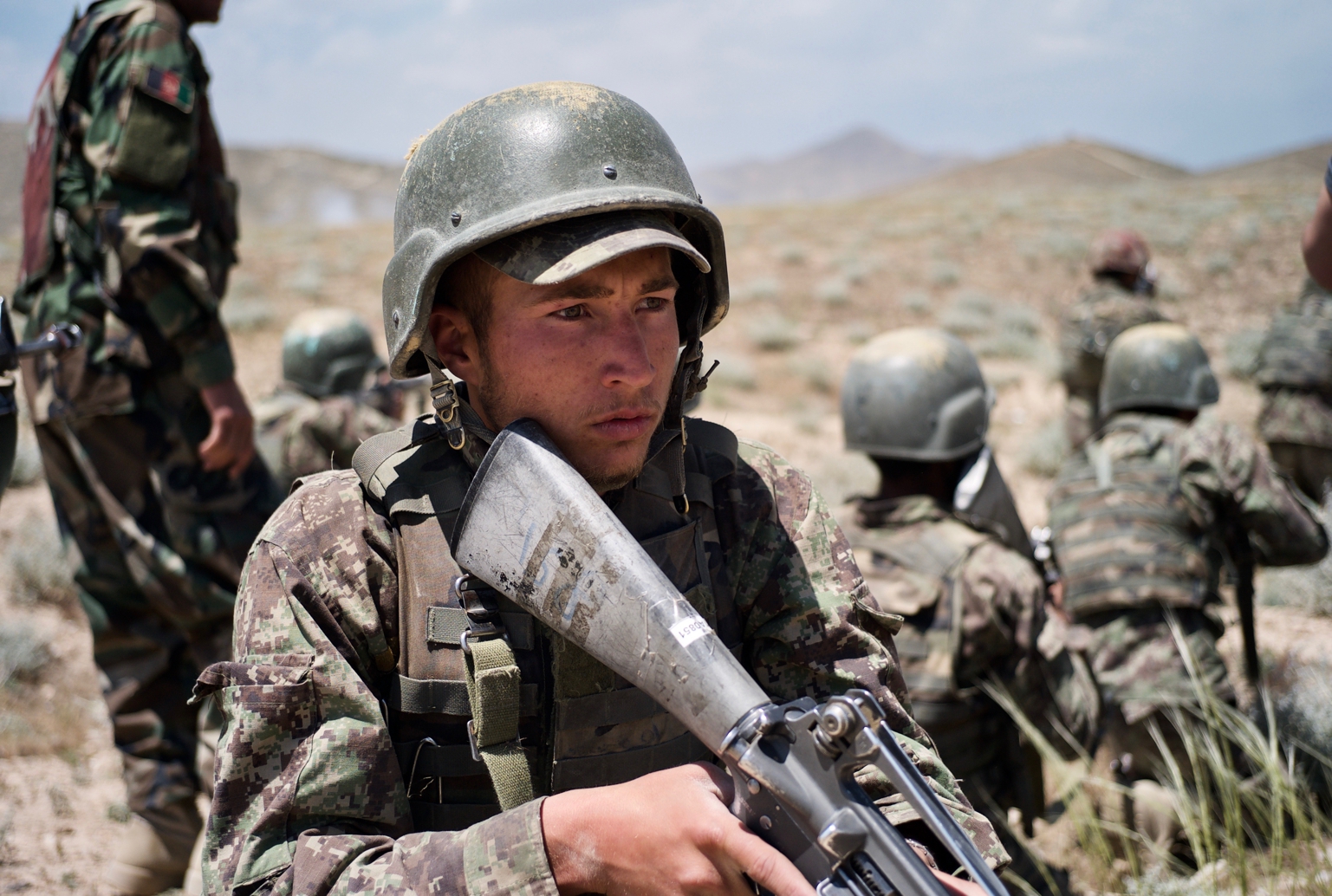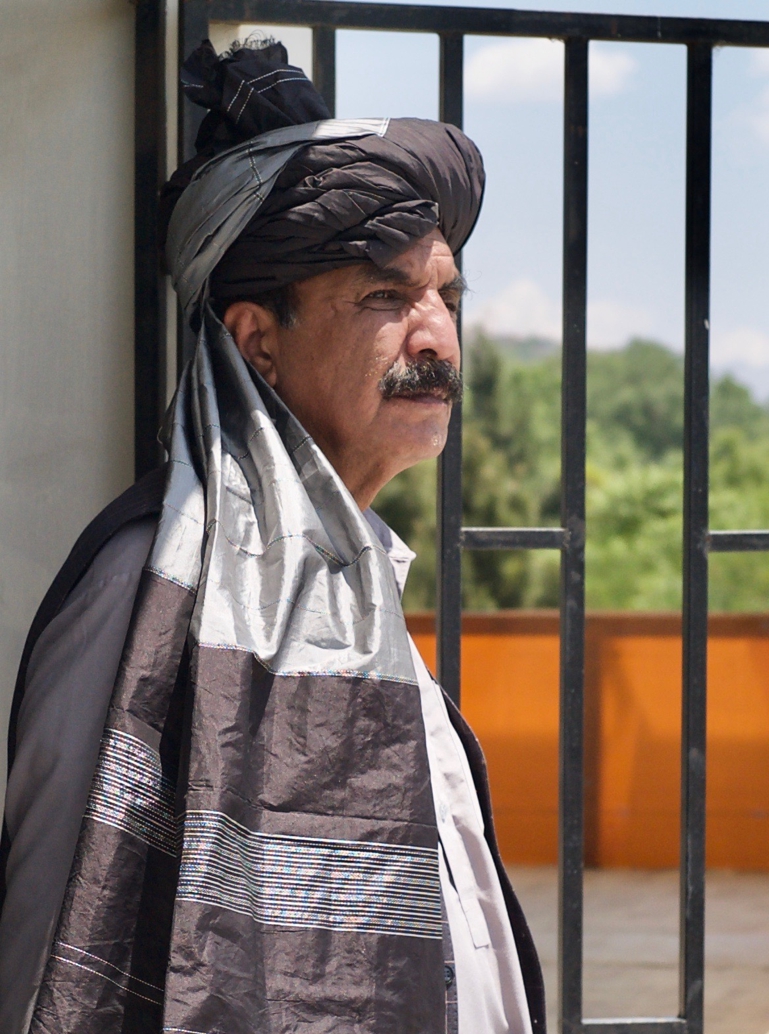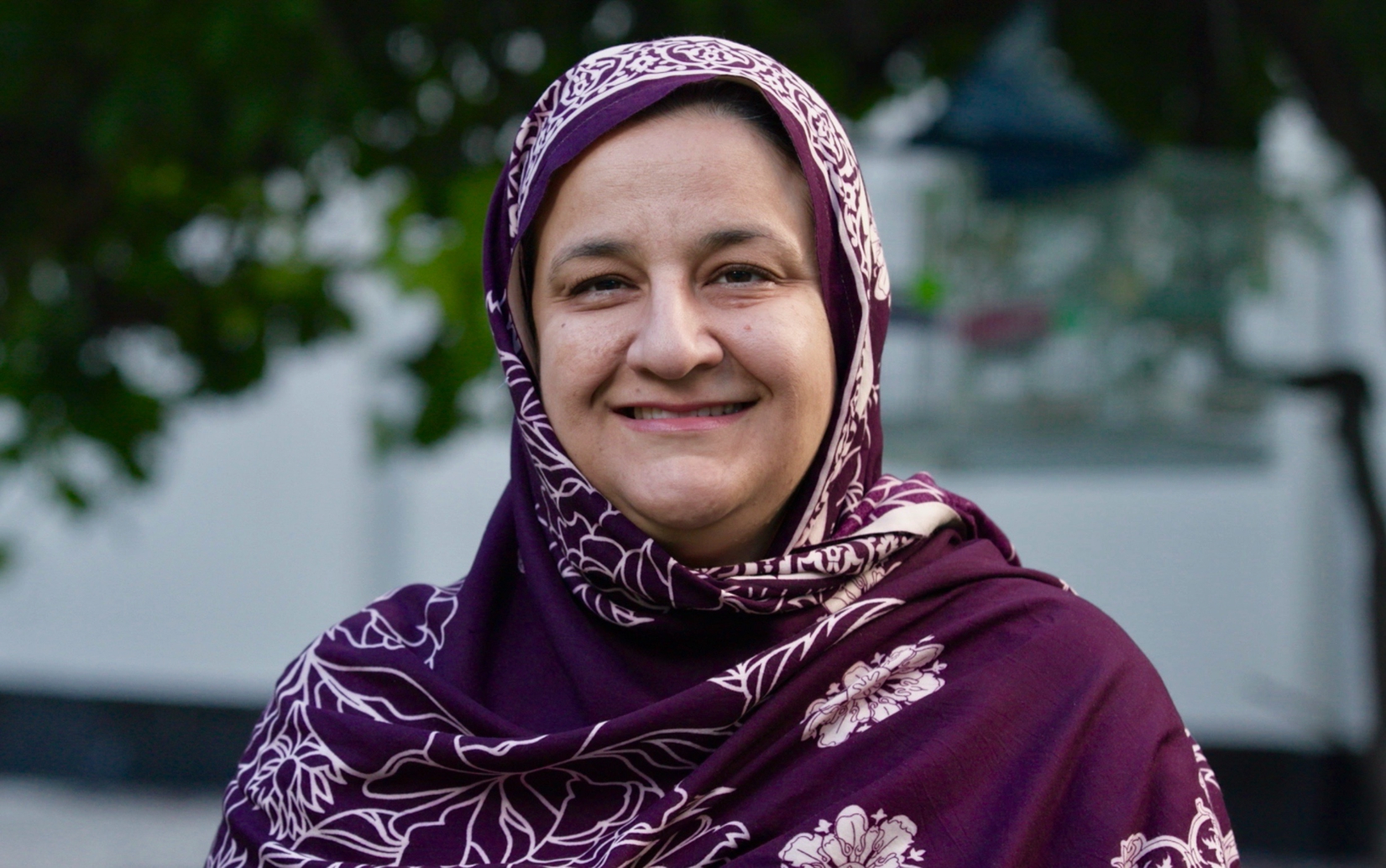02:56

From dawn until dusk, war helicopters thunder over Kabul as the Taliban try to capture three provinces abutting the Afghan capital.
Cries can be heard from the hospitals, usually in the evening, as the wounded are carried in from the clashes.
The Afghan Armed Forces now estimates there are up to 100 daily clashes across the countryside as the Taliban and security forces escalate fighting, seeking to gain as much territory as possible ahead of potential peace talks.

Fighting is intensifying between Afghan security forces and the Taliban. /CGTN
Fighting is intensifying between Afghan security forces and the Taliban. /CGTN
"Even in the neighborhood we live in, they are shooting 24/7. Children in the cradle are used to the sounds of bullets and rockets. A government outpost is shooting day and night from the back of the house," said Tulabuddin, an Imam from Kunduz in the country's north.
Tulabuddin said it is time for fighting to end and for the government to offer concessions toward a power-sharing agreement.
"They (the Taliban) should also do the same and accept some of the demands from the other side, then something can happen with our hands all united. Otherwise, there is no hope," he said.
An agreement could face resistance
"Even if the Taliban make an agreement with the government in Kabul, it won't have the support of people," said author and poet Esmat Qane, who believes Afghanistan should have a blueprint for the future based on development and progress, not power and greed.

Author and poet Esmat Qane. /CGTN
Author and poet Esmat Qane. /CGTN
"The Taliban are involved in the crimes that took place during the past 20 years of war and face the hatred of the people," he explained, also suggesting that people do not trust the present Afghan government either.
A Taliban deal worries many women, particularly those in urban areas
Women were heavily oppressed under the Taliban and are still struggling to realize their dreams amid the ongoing uncertainty.
"Insecurity is a prime factor pushing any woman and all women who dare to come out to do something different. With the uncertainty on the horizon, there is a lot of fear that has been re-created," said Rangina Hamida, Afghanistan's minister of education.

Rangina Hamida, Afghanistan's minister of education. /CGTN
Rangina Hamida, Afghanistan's minister of education. /CGTN
As fighting escalates, a deal seems a long way off
"Over a couple hundred civilians were either killed or wounded last week, including children, imams and Islamic scholars. Everything is quite clear, even a blind person knows when the food is salty," said 80-year-old Mohamma Khetab, who has lived through the Soviet occupation (1979-89), Afghan civil war (1992-2001), Taliban rule (1996-2001) and the U.S.-led invasion (from 2001).
Khetab said even if a deal can be reached with the Taliban, the old tensions (rivalry between different Afghan factions and Taliban) that caused the civil war, along with the warlords who started it, have not gone away.
"If the U.S. does pull out, you'll witness street fighting, everything will be spoiled," Khetab said.

